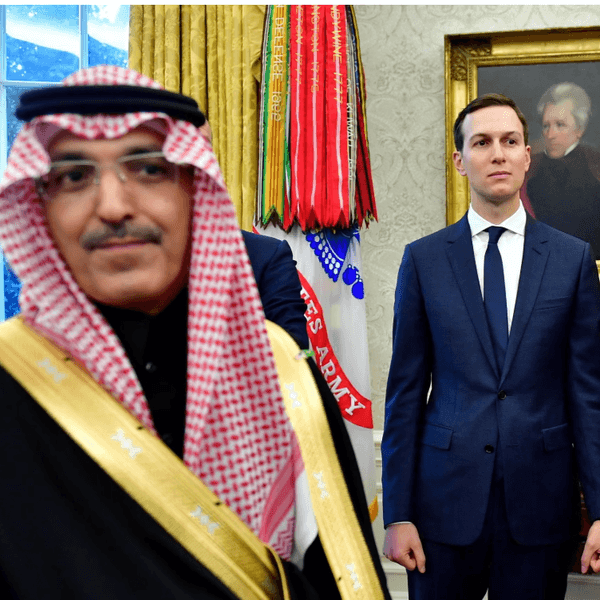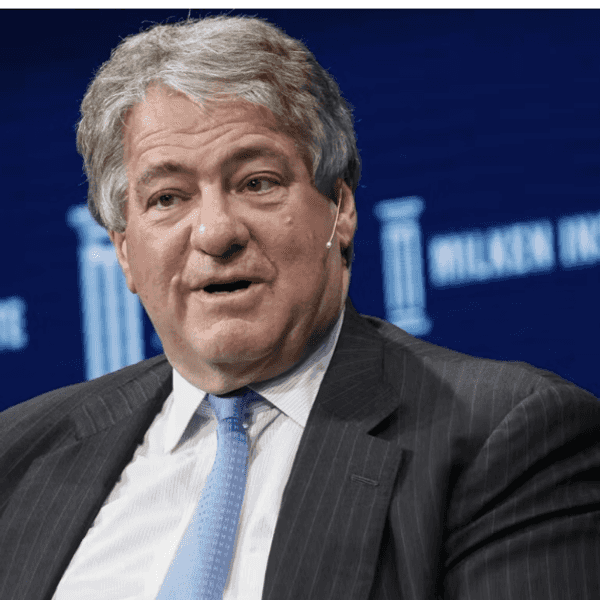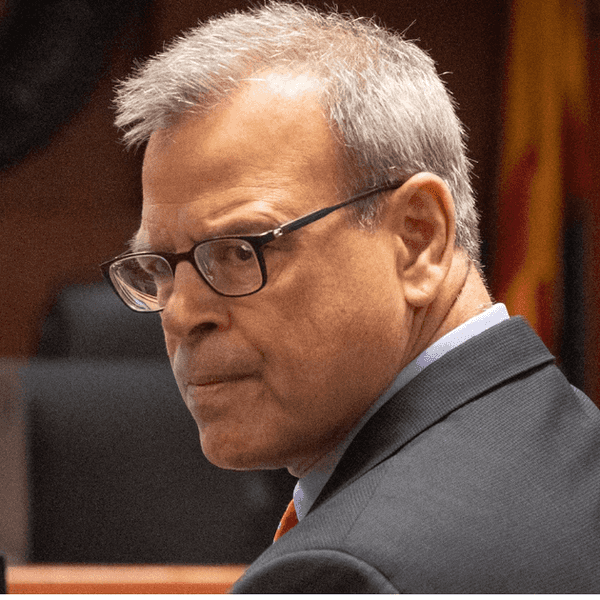
By Noah Feldman, Bloomberg News (TNS)
Judicial elections are idiotic — but 38 states have them in some form. The U.S. Supreme Court grappled Tuesday with the contradiction inherent in using the electoral process to select public officials whose primary obligation is to be impartial. The precise question was whether a Florida rule that prohibits candidates for judicial office from personally soliciting campaign money violates the First Amendment. But the justices were really confronting was what to do about the strange phenomenon of judicial elections, a problem that goes to the essence of how the justices understand their own role. Unfortunately, their sense of judicial self runs headlong into their conception of the First Amendment.
The justices’ questions were revealing — and they said more about their conception of the judicial role than about how to solve the issue in Williams-Yulee v. the Florida Bar. Justice Sonia Sotomayor, who seemed most sympathetic to the Florida regulation, drew lessons from her own experience. “It’s very, very, very rare,” she observed, “that either by letter or by personal call that I ask a lawyer to do something, whether it’s serve on a committee, help organize something, do whatever it is that I’m asking, that that lawyer will say no. Isn’t it inherent in the lawyer-judge context that people are going to say yes?”
Obviously, Sotomayor is correct. And the instinct to obey the authority figure isn’t limited to the Supreme Court. Justice Stephen Breyer made the broader point drawing on his experience and that of his brother, a federal district judge in San Francisco: “It’s a sort of a joke,” he began, “but it’s so true in the experience of the court of appeals that I had, my brother in the district court, district court judges I know, in state and federal systems, that the normal response … by a lawyer to a judge in any minor request or, you know, something normal, the answer is yes.”
Pause for a moment to think of what this means. The justices are acknowledging that, relative to lawyers at least, they’re basically omnipotent. When they ask for something, they get it. In this sense, they are closer to princes or bishops than they are to ordinary public officials.
Justice Antonin Scalia’s line of questioning made the justices sounded more like cardinals. He asked one of the lawyers whether the state could regulate certain judicial activities because they were beneath the dignity of the judge. He described what he called “an interest in judicial dignity. There are certain things that are infra dignitatem, as we say.” Later in the argument he returned to the concept, asking the lawyer for the state whether he was “relying on” the judicial dignity argument — an invitation the lawyer declined.
Justice Elena Kagan, the past dean of the Harvard Law School (where she hired me, among other questionable decisions), wanted to know about the constitutionality of the federal canon of judicial ethics that prohibits judges from soliciting money on behalf of nonprofit groups. “Who cares whether I solicit funds on behalf of my old law school,” she asked. “It doesn’t have anything to do with what rulings I’m going to issue, who I’m going to favor, who I’m not going to favor.”
The justices, in other words, were clearly thinking about this case in terms of their own conception of what it means to be a judge. The context, however, makes things more complicated.
Today’s justices are careful to remain aloof from even the appearance of connection to politics. The idea that judges in the states must dirty their hands by running for office strikes the justices as undignified and even coercive.
For the court’s liberals, then, it’ll be tempting to uphold the Florida regulation on the ground that judicial elections are special. The trouble is that, deep down, the justices seem to understand that judicial elections are preposterous. Given that their very structure would seem to undercut the possibility of impartiality, it’s hard to say with a straight face that the state should be allowed to limit free speech to keep such elections “clean.”
On the other side of the scale lies the First Amendment, which applies with its greatest force when political speech in the balance. Justice Anthony Kennedy has been a leading voice on the current court arguing that free speech outweighs almost all campaign-finance restrictions. For him, it would be difficult to treat judges running for office differently from other candidates. His free-speech pronouncements have tended to be absolute rather than context specific. Any special solicitude for keeping elections clean would tend to support campaign- finance regulation.
Judicial elections are therefore problematic for Kennedy, too. His instincts may tell him that judges are different — and the justice who cares most about the concept of dignity can hardly be deaf to the concern of preserving the dignity of his office. Yet Kennedy’s jurisprudence points toward freedom of speech as an absolute value for electoral candidates. To announce a free-speech right for judicial elections would be to acknowledge that judicial elections are no different than any others.
In a perfect world, I think the justices would strike down judicial elections as inherently unconstitutional. Then they could make the whole problem go away. But the states are laboratories of democracy, as Justice Louis Brandeis once said. Within those laboratories, the experiment is allowed to go terribly wrong. Judicial elections have been with us for almost 200 years, and despite the efforts of retired Justice Sandra Day O’Connor, they aren’t going to disappear anytime soon. Until then, judicial elections are a classic example of a hard case. And you know what they say about hard cases: They make bad law.
Noah Feldman is a Bloomberg View columnist. Readers may send him email at nfeldman7@bloomberg.net.
Photo: Scott* via Flickr








